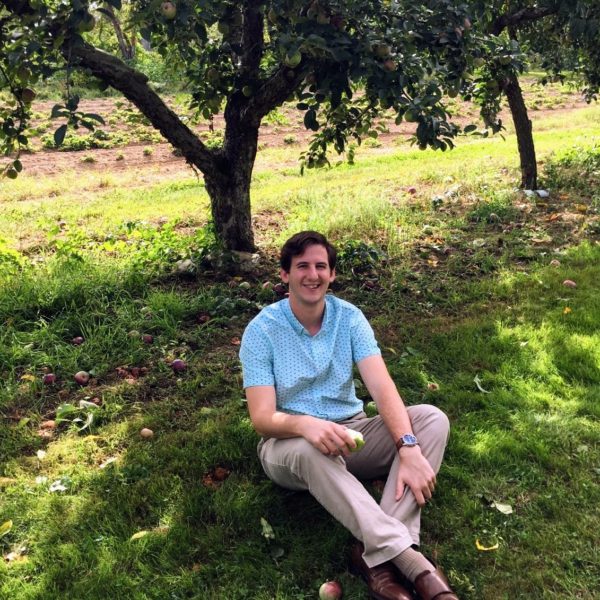 What is your position or role in the DESI project?
What is your position or role in the DESI project?
I am a member of DESI along with my graduate students and postdoc. In the past I have enjoyed helping out in a few different service roles in DESI such as publications board and co-chairing the C3 working group.
Where were you born?
I was born in a small town on the coast in Connecticut.
Where do you live now?
Now I live in Florida, where I am a professor at the University of Florida—which is farther from the beach than you’d think!
What do you do as part of DESI?
My group and I work on pushing forward 3-point correlation function and higher-order statistics to help us tighten our cosmological constraints as well as explore new physics during inflation like primordial non-Gaussianity and parity violation. I’m also part of an exciting secondary target project to get redshifts for WISE objects to improve the cross-correlation studies one can do with WISE and the cosmic microwave background (CMB).
What is the most interesting or exciting thing about your job?
I enjoy the idea that we can actually increase our knowledge of what the fundamental nature of reality is, both with studies aimed at understanding dark energy on a deeper level, and studies aimed at the very beginning of the Universe (inflation). Hibert said at some math congress in the early 1900s that “We must know; we will know” and I have always liked that phrase. it both conveys that fuller understanding of reality is an imperative, and an achievable imperative (so, it is optimistic).
Any advice for an aspiring scientist?
Nietzsche wrote somewhere “Become who you are, but not too early.” I think that’s good advice. Ultimately, I suspect that whatever original thing one is going to do in science will come out of pursuing one’s own particular, unique interests, in one’s own way, because that’s the only way to do something that everyone else isn’t already doing. So that’s how I see the first part. But I also think you shouldn’t restrict yourself too early based on “who you think you are” as a scientist. For instance, while probably what I enjoy the most is finding new mathematical ways to deal with problems, the work I’ve done that maybe has had the most impact actually came from developing algorithms. Recently I’ve gone as far as you can go from pen and paper and been trying to use Graphics Processing Units (GPUs) for cosmology. If I’d believed “who I am as a scientist” was just “pen and paper”, I would have closed myself off from that latter opportunity.
What do you do for fun?
I enjoy classical music a lot (both going to the symphony and playing the viola) and also watching English detective shows.
If you weren’t a scientist, what would be your dream job?
Probably being a classical musician, maybe one of the few careers even harder to find a permanent job in than academia. I also think I’d enjoy being an antiques dealer, but I’d have trouble ever parting with anything to sell it.
What excites/interests you most about DESI?
The people! Covid really brought home to me that having a community to learn from and interact with is an essential ingredient that makes science much more fun. It has been really interesting to go from being a graduate student in DESI to a postdoc to a faculty member, and I think that’s been a great opportunity to get to know people in pretty much every seniority layer of DESI on their own terms.